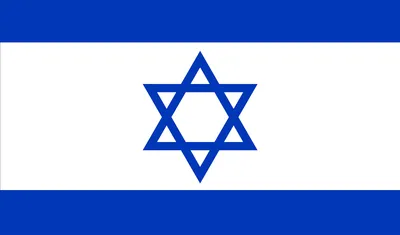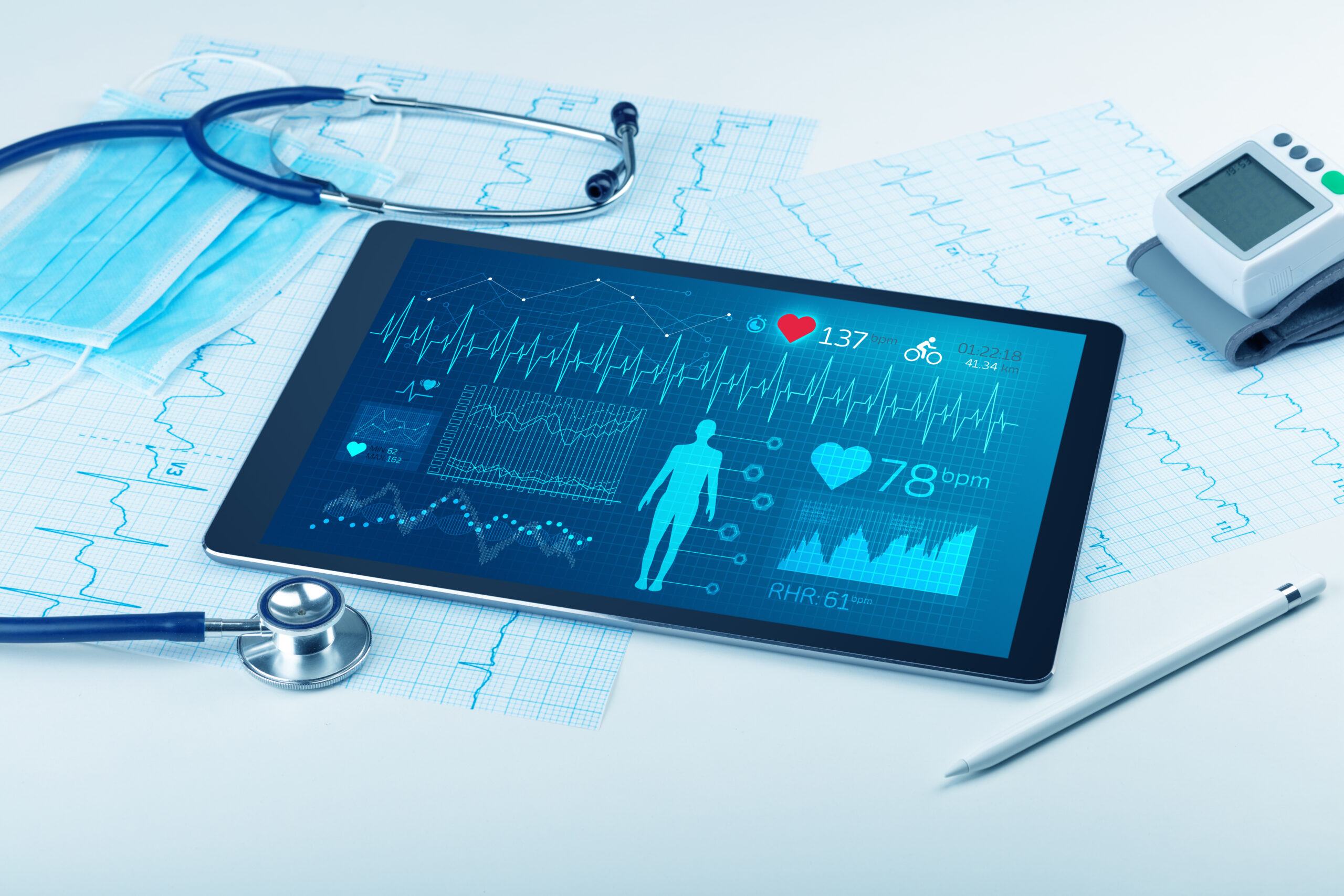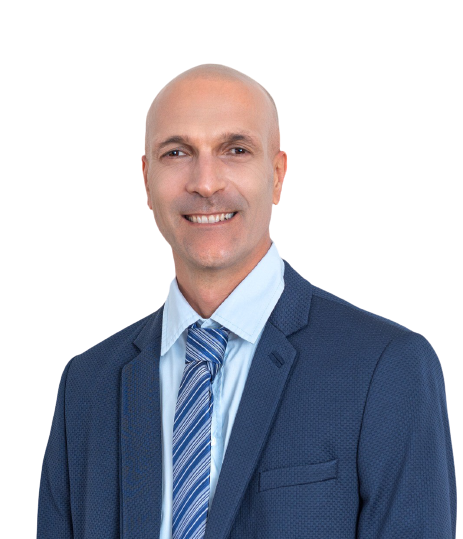The Israeli healthcare landscape is globally renowned for its cutting-edge innovations, groundbreaking research, and unwavering commitment to delivering top-tier healthcare solutions.
The medical device sector in Israel boasts a net worth of approximately 10 billion dollars annually, demonstrating rapid growth rates and making it a highly coveted market for medical device manufacturers worldwide.
Why Choose the Israeli Market for Your Medical Device?
Before delving into the intricate world of distribution, let’s explore why the Israeli market holds such appeal for medical device manufacturers.
Israel’s attributes, including a high growth rate, an innovative healthcare system, extensive health insurance coverage, accessibility, and an exceptional quality of life, including remarkable life expectancy rates, make it an attractive destination.
With around 30 hospitals and numerous private clinics actively engaged in medical device clinical trials, clinical evaluations, performance assessments, and efficacy studies, Israel offers a robust environment for testing and validation of medical devices.
Additionally, Israel serves as an ideal hub for clinical trials, performance studies, and commercial distribution and sales of medical devices.
Navigating the Israeli Medical Device Regulatory Landscape
To successfully enter the Israeli market with medical devices, a profound understanding of the regulatory framework is essential.
The Israeli Ministry of Health (IMOH) is the governing body responsible for regulating the entry and circulation of medical devices within the country.
The IMOH operates through its Medical Devices Division (AMAR), which establishes and enforces regulations generally aligned with the European Union’s Medical Device Regulations (MDR) and the FDA.
While the overarching framework takes cues from the MDR, it’s crucial to recognize that specific Israeli requirements and updates are in place.
Staying informed about these nuances, often with the assistance of local medical device consulting firms or Israeli registration holders, is essential for a successful medical device distribution strategy.
The Role of Medical Device Distributors in Israel
Now, let’s turn our attention to the central theme of our discussion: medical device distribution. Effectively distributing medical devices in Israel demands a comprehensive understanding of the importation process.
The journey begins with a thorough risk-based device classification, often following a model similar to the European classification method. This classification sets the stage for regulatory compliance and profoundly influences the distribution process.
Ensuring that your device complies with the necessary safety and quality standards is of paramount importance.
Equally critical is the selection of a local Importer and Registration Holder (IRH).
The IRH is mandatory based on IMOH regulatory requirements and must be declared as part of the medical device submission in Israel.
The IRH plays a pivotal role in connecting your devices to the Israeli market.
Their responsibilities include navigating customs procedures, adhering to taxation policies, securing essential approvals, and ensuring post-marketing compliance with IMOH.
This collaboration guarantees device safety and quality throughout the distribution process.
Crafting a Successful Medical Device Distribution Strategy in Israel
For medical device manufacturers outside Israel seeking to distribute their devices, the nation presents a promising destination. However, success hinges on a deep understanding of the export requirements set forth by the IMOH.
Addressing labeling, documentation, certifications, declarations, and compliance with local standards is pivotal for a smooth distribution process.
On numerous occasions, we’ve heard from our clients about their experiences with inappropriate distribution companies, which ultimately led to independence, causing damage to their business activities and reputation in Israel.
Collaborating with a reliable, proficient local partner, free from conflicts of interest, ensures that your distribution aligns seamlessly with specific regulations, facilitating market entry.
This strategic partnership enhances your chances of efficient distribution and successful market penetration.
The Medical Device Distribution Process in Israel
The general steps involved in the medical device distribution process in Israel
Step 1: Device Classification
The classification of your medical device dictates the regulatory requirements and the level of scrutiny for the distribution process:
- Conducting a detailed design FMEA risk assessment
- Defining clear intended use
- Determining the appropriate risk class
Step 2: Technical Documentation
Prepare a comprehensive Technical File:
- Define and document the device’s design
- Define and document the manufacturing process
- Evaluate the performance, safety, and efficacy of the device
- Ensure that the device labeling and instructions for use align with IMOH guidelines
Step 3: Quality Management System (QMS)
Implement and maintain a QMS that complies with international standards:
- Verify that the device manufacturer holds a valid ISO 13485 certification, demonstrating the ability to consistently produce a safe and effective medical device
- Verify that your local registration holder has a valid ISO 9001 certification, demonstrating the ability to consistently manage an effective interphase between the medical device manufacturer and the IMOH in terms of device safety, quality, change management, and more.
Step 4: Conformity Assessment
Evaluate the device’s conformity with the applicable requirements:
- Complete verification of the technical documentation
- Perform Verification & Validation
- Assess the quality management system
Step 5: Application Submission
Prepare and apply for distribution to the Israeli Ministry of Health, attaching all required documentation and paying relevant government fees.
Step 6: Review and Approval
The IMOH will review the distribution application and supporting documentation, ensuring compliance with the application. If approved, the medical device can be distributed in the Israeli market.
Step 7: Post-Market Surveillance
Once the device is on the market, its performance should be monitored.
The local Israeli registration holder will work closely with the IMOH, collect, investigate, and report any adverse events, and comply with post-market surveillance requirements.
Step 8: Distribution Renewal
It’s essential to note that registration and distribution licenses in Israel are subject to renewal.
Ensure that you adhere to the renewal requirements to continue distributing your medical device effectively.
Choosing the Right Medical Device Distribution Partner in Israel
While having a local distribution partner in Israel is a regulatory requirement, entrusting this responsibility to a reliable consulting firm can offer significant advantages.
Opting for a neutral company with professional regulatory capabilities ensures long-term reliability and efficient collaboration with IMOH personnel and procedures.
This mitigates potential business risks that may arise from conflicts of interest with local entities like medical distribution companies or warehouses.
In conclusion, medical device distribution in Israel represents a gateway to a dynamic and innovative healthcare market.
Understanding and navigating the regulatory landscape, along with strategic partnerships, are key to your success.
By working with experienced distribution partners, adhering to regulations, and ensuring device safety and quality, you can unlock the full potential of the Israeli market and contribute to the advancement of healthcare in this thriving region.
For Medical Device Registration and distribution services please contact us








